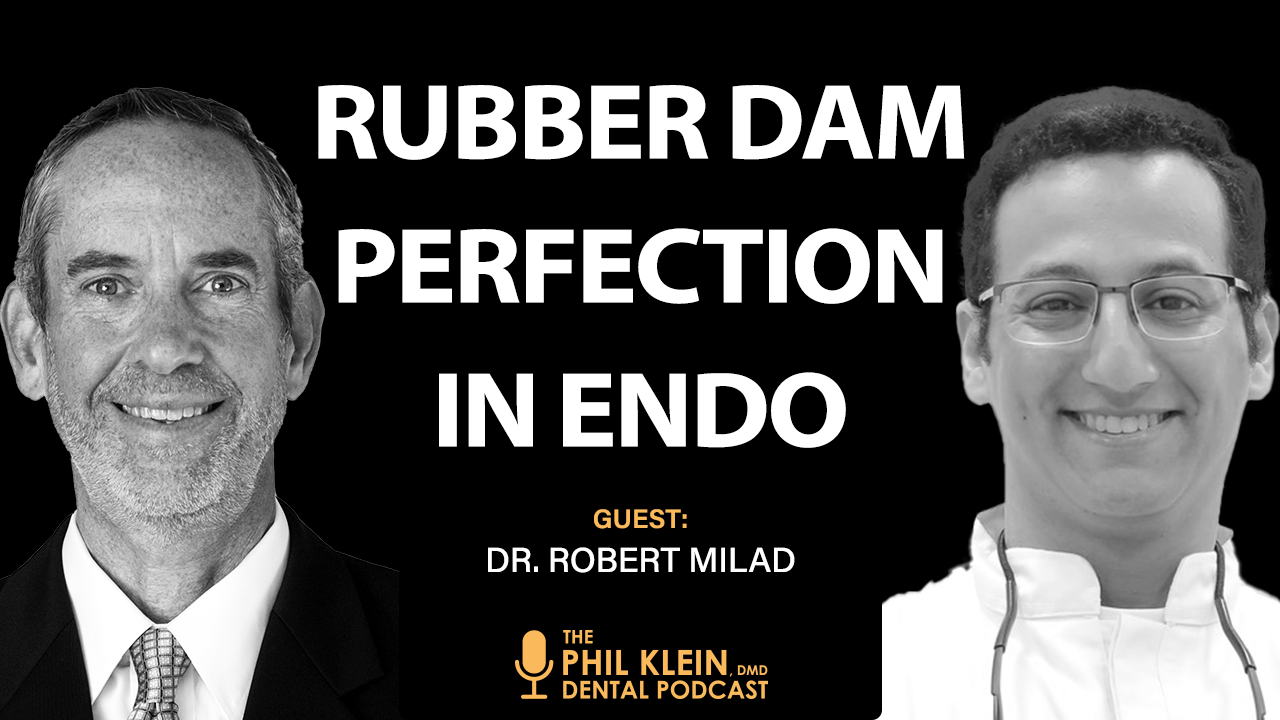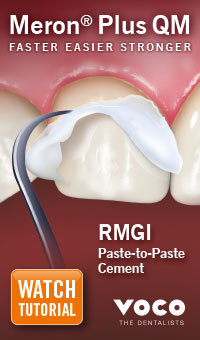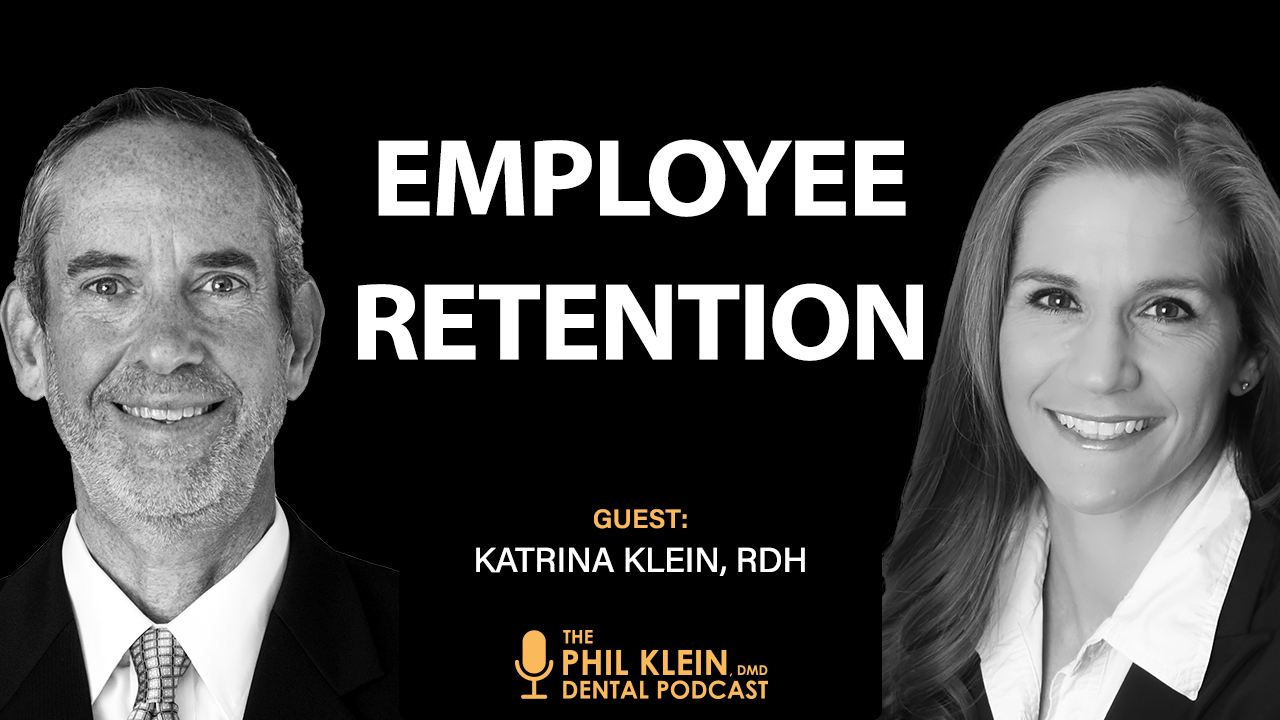
Share this webinar
|
Patients are demanding affordable esthetic alternatives to traditional direct amalgam restorations. Composite materials work well in the appropriate situations, but patients are presenting with challenges that may shorten their lifetime.
Xerostomia, the most common listed side effect among common prescription drugs, can significantly increase root caries and is estimated to be present in 25 percent of our older adult patients. Young people consume vast amounts of sugar in their diet and are prone to significant decay.
New systems have been developed that optimize the lifetime of teeth restored with glass ionomer materials. Glass ionomer restorations are definitive restorations and in certain circumstances will outlast direct composite restorations since they expand and contract at the same rate as tooth structure and do not create shrinkage stress during setting.
In addition they release fluoride, helping to reduce recurrent decay. Glass ionomer materials are easy to place, can reduce post-operative sensitivity and enjoy a stable long-term ionic bond to dentin.
Upon completion of this CE webinar, the student will be able to: understand the many benefits of the use of glass ionomer cements; understand how this bioactive material can be a therapeutic alternative to composite resin materials;
(
disclaimer, bio and commercial disclosure
)
|






















